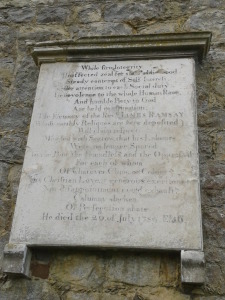 If you write novels for 8-14s, do you need to include quotes from Shakespeare plays, make a passing reference to the Spanish Inquisition, and have your protagonist quote Scripture?
If you write novels for 8-14s, do you need to include quotes from Shakespeare plays, make a passing reference to the Spanish Inquisition, and have your protagonist quote Scripture?
We all use passing references to people, places and events we are familiar with in our writing, but we do need to consider the age of our target readers before mentioning things that are obvious to us, but might not be to them. Here are 3 things to watch out for when writing novels for children:
1. Before making references to historical events, check that your target readers will know what you are talking about. If you refer to the Spanish Inquisition, the Russian Revolution, the space race, or any other historical event even in passing, check that your readers will know to what this refers. This is particularly true if you are writing for an international market.
2. The same applies to historical people and their writings. Is your main character really likely to be able to quote Shakespeare? Will your readers know who Julian of Norwich is, or Charles Wesley? Will they know that Charles Darwin wrote the Origin of Species? Even ‘famous’ people from the last century may be totally unknown to your readers. A twelve-year-old may not know what The Beatles sang – if this makes you raise your eyebrows, how many Justin Bieber songs can you name? 🙂
3. Eight-year-olds may or may not be familiar with Bible stories, but either way they are unlikely to have read a lot of Scripture themselves. A small minority may have memorised a few verses . . . but make sure if one of your characters is quoting scripture in your novel, that it rings true. If you are writing for a reason, with a Christian message in your story, the temptation is to want to bring in God’s precious word – and quite rightly so! But be careful that you do it in a way that fits in with your story and will reach your readers.
If, after reading this writing tip, you look over your manuscript and decide you may have assumed too much knowledge in your readers, you have two choices. You can either:
1. explain what you have written, or
2. find a more relevant way to say what you want to say.
And if you’re not sure what your target readers will and won’t know, find some and ask them!
If you found this writing tip helpful, the Write for a Reason course could be for you. We go into reaching your target readers in much more depth in Module One, which students have found very helpful.
 May the Lord bless your writing! Do subscribe to the blog, to make sure you don’t miss out on further writing tips.
May the Lord bless your writing! Do subscribe to the blog, to make sure you don’t miss out on further writing tips.
Janet
P.S. Please share with your writing friends (facebook and twitter buttons below). Together we can make a difference 🙂
